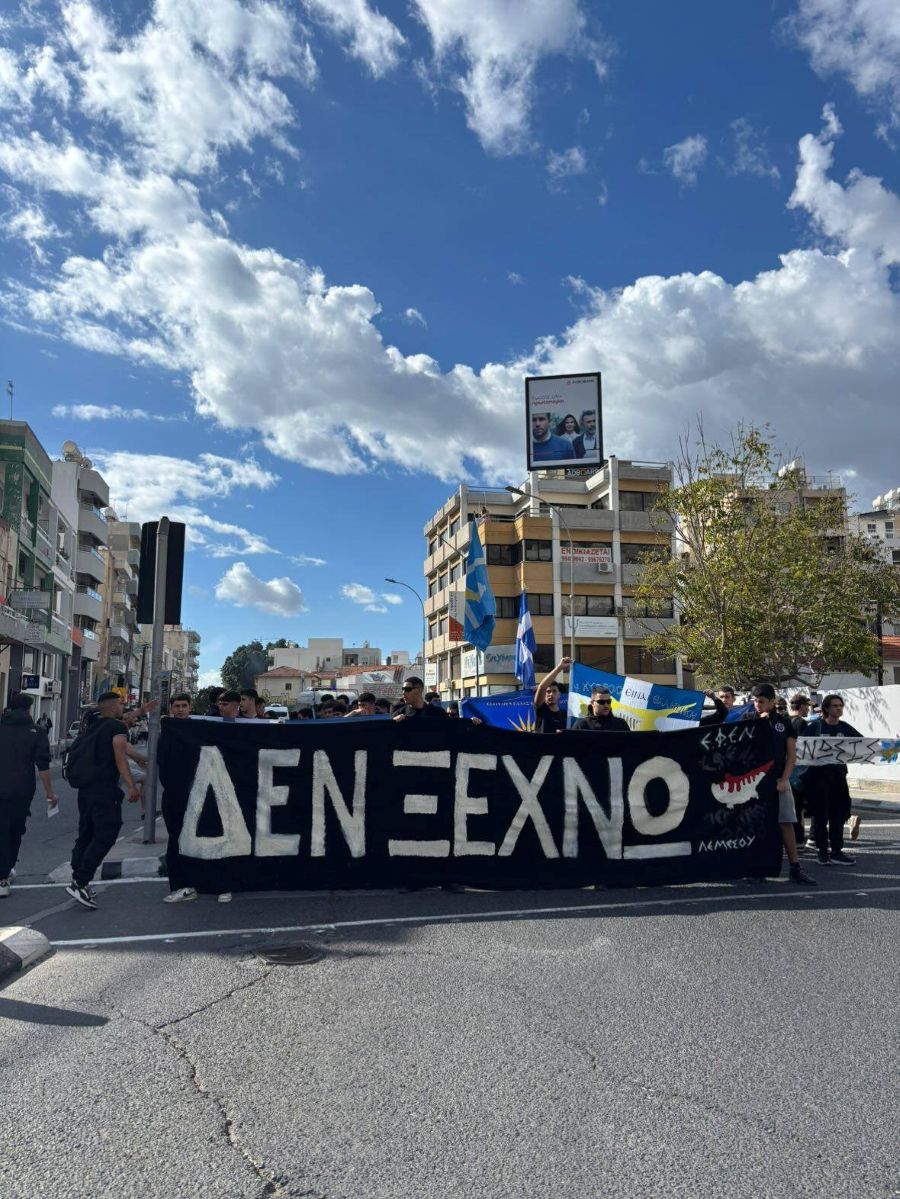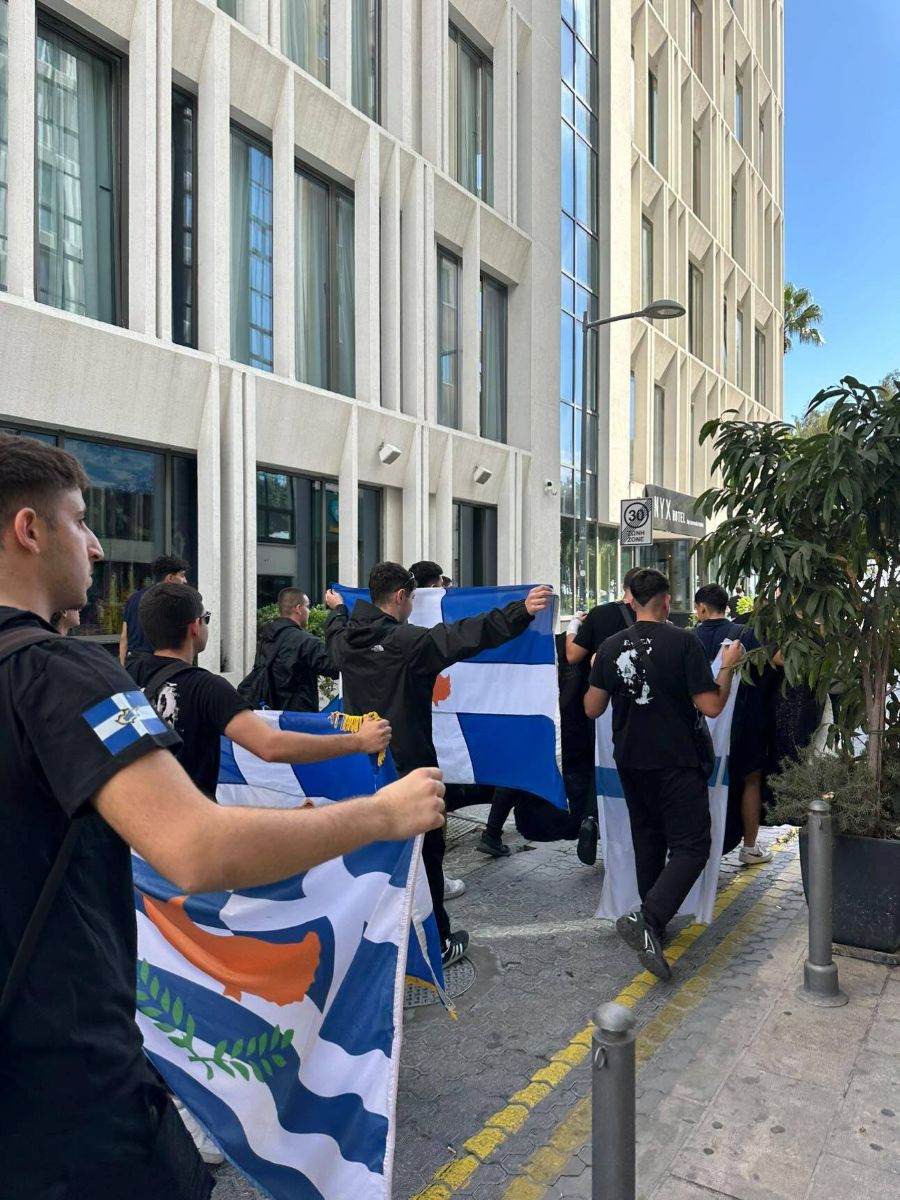
Newsroom
A student-led demonstration in Nicosia on Friday against the continued occupation of northern Cyprus reportedly ended in confrontation, with organizers claiming that police allegedly deployed chemical agents against participants.
The Autonomous Student Movement, EFEN, described the police response as “unprovoked” and allegedly intended to intimidate demonstrators. According to EFEN, officers pushed marchers and discharged chemicals at close range, including at minors, following what the group said were government directives. “On a day meant to oppose the pseudo-state, the authorities allegedly prioritized the protection of occupiers over their public duties,” EFEN stated.

The march, which drew students from across Nicosia, began at Eleftherias Square at 10:30 a.m., proceeding along Nehru Street to the Ledra Palace checkpoint and through the Paphos Gate area. It concluded at the Ledra Street checkpoint, the traditional site for anti-occupation gatherings. EFEN’s statement emphasizes their concern over what they describe as escalation tactics by police.
Ahead of the events, police issued advisories noting that anti-pseudo-state demonstrations were scheduled across all districts, including Nicosia, Limassol, Paphos, Larnaca, and Famagusta. In Nicosia, four separate gatherings were planned, including events by PSEM at Mia’s Milia checkpoint and AKEL at Agios Kassianos. Authorities reminded participants to comply with police instructions and highlighted that officers would be present at all events to ensure safety and order.

The advisories referenced the Public Gatherings and Parades Law 151(I) of 2025, which allows police to impose restrictions, disperse assemblies, and remove items that conceal identities if a gathering allegedly threatens public safety or property.
While similar demonstrations were held elsewhere on the island, the events in Nicosia have drawn particular attention due to EFEN’s claims of alleged chemical exposure and the participation of minors. The incident has sparked renewed debate over the handling of peaceful protests and the appropriate balance between public order and civil rights.































